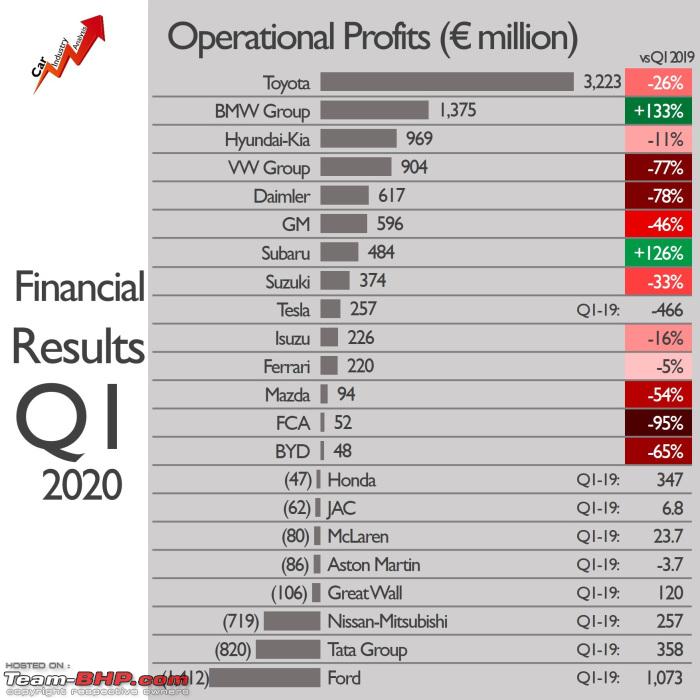Hollywood Shut Down: Writers And Actors On Strike

Table of Contents
The Writers' Strike: Key Demands and Impacts
The WGA strike, which began in May 2023, is driven by several critical demands aimed at addressing the evolving challenges faced by writers in the modern entertainment industry.
Fair Wages and Residuals: The Streaming Gap
The traditional Hollywood compensation model, which included significant residuals from syndication and home video sales, has been severely disrupted by the rise of streaming platforms. Streaming services often pay writers significantly less than traditional networks, especially considering the massive audiences they reach. This has resulted in a substantial decrease in writers' overall income, leading to the core demand for fairer compensation.
- Demand for Minimum Salary Increases: The WGA is pushing for significant increases to minimum salaries for writers, reflecting the increased cost of living and the devaluation of their work in the streaming era.
- Streaming Residuals: A major point of contention is the lack of fair residuals from streaming platforms. The WGA demands a structure that adequately compensates writers for the massive success of their shows on streaming services.
- Increased Profit Participation: Writers are seeking a more equitable share of the profits generated by their work, especially considering the significant profits generated by streaming giants.
Data from various sources reveal that writers’ average earnings have stagnated or even declined in recent years, despite the explosive growth of the streaming industry. This stark reality underscores the urgency of the WGA's demands.
The Rise of AI and its Threat to Writers
The WGA also expresses serious concerns about the increasing use of artificial intelligence (AI) in scriptwriting and content creation. The fear is that AI could replace human writers, undermining their jobs and their creative control.
- AI Replacing Human Writers: WGA members worry that studios will increasingly use AI to generate scripts, eliminating the need for human writers and diminishing their earning potential.
- Lack of Compensation for AI-Generated Content: The union is pushing for clear guidelines and compensation mechanisms when AI uses existing writers’ work as source material.
- Tools like ChatGPT and other AI writing assistants are already being used in the industry, raising anxieties about the future of writers' roles.
Impact of the Writers' Strike
The writers' strike has already had a significant impact on the entertainment industry:
- Delayed Productions: Numerous television shows and films have been delayed, pushing back release dates and impacting production schedules.
- Altered TV Schedules: Networks are scrambling to fill their schedules, resulting in a shortage of new programming and impacting viewer experience.
- Potential Job Losses: The strike has led to job losses for crew members, support staff, and other industry professionals who rely on active production.
- Financial Repercussions: The strike’s economic impact extends to various related businesses, including catering services, transportation, and local businesses that depend on the film and television industry.
The Actors' Strike: Joining the Fight
SAG-AFTRA joined the picket lines in July 2023, solidifying the "Hollywood shutdown" and amplifying the calls for change. Their demands echo those of the WGA, focusing on fair wages, improved working conditions, and protection against the encroachment of AI.
Fair Wages and Working Conditions
SAG-AFTRA's demands address the significant issues actors face regarding compensation and working conditions, particularly in the streaming era.
- Minimum Wage Increases: Similar to the writers, actors are demanding significant increases in minimum wages to reflect the cost of living and the increased demand for their services.
- Streaming Residuals: Actors, too, are fighting for fair residuals from streaming platforms, ensuring that they are compensated for the vast audiences their performances reach.
- Self-Tape Auditions: The prevalence of self-tape auditions has significantly impacted actors’ livelihoods, leading to demands for better compensation and regulation of this practice.
- Excessive Working Hours: The union seeks to protect actors from exploitative working conditions, including excessive working hours and lack of adequate rest periods.
The Impact of AI on Actors' Work
SAG-AFTRA's concerns extend to the burgeoning use of AI in the entertainment industry, focusing on the protection of actors' likeness and their creative control.
- Digital Replicas: The union is raising concerns about the creation of digital replicas of actors and the potential exploitation of their image and likeness without their consent or compensation.
- Loss of Control: Actors fear losing control over their image and their work, with AI potentially being used to create deepfakes or to replace them altogether.
- Future Work Opportunities: The union is aiming to secure guidelines and protections to prevent AI from diminishing future work opportunities for actors.
Impact of the Actors' Strike
The actors' strike, combined with the writers' strike, has brought the entertainment industry to a near-complete standstill:
- Complete Production Shutdowns: Many productions have been entirely shut down, creating a massive backlog of projects.
- Ripple Effects on Related Industries: The strike's impact extends to numerous related industries, impacting jobs and livelihoods across the board.
- Broader Economic Ramifications: The economic repercussions of this dual strike are significant and widespread, affecting local economies and businesses that depend on the entertainment industry.
Potential Resolutions and the Future of Hollywood
The outcome of the negotiations between the unions and the studios will significantly shape the future of Hollywood. Several potential resolutions are being discussed, including:
- Re-evaluating compensation models for both writers and actors in the streaming era, considering new approaches for residuals and profit sharing.
- Establishing clear guidelines and regulations for the use of AI in scriptwriting and the creation of digital replicas of actors, safeguarding creative control and compensation.
- Exploring alternative solutions that balance the needs of the studios with the demands of the unions, ensuring fairness and sustainability for the entire industry. The role of streaming services in shaping industry standards and practices will be crucial in determining the success of these negotiations.
Conclusion: The Hollywood Shut Down: Looking Ahead
The simultaneous strikes by the WGA and SAG-AFTRA represent an unprecedented challenge to the entertainment industry. The key demands—fair wages, appropriate residuals for streaming content, and protection against the misuse of AI—highlight the urgent need for reform and a more equitable distribution of the industry's massive profits. The "Hollywood shutdown" has profound implications for the future of filmmaking and television production, and the outcome of these negotiations will significantly shape the landscape of the entertainment industry for years to come. Stay updated on the Hollywood shutdown and follow the progress of the writers and actors strike by visiting the official websites of the WGA and SAG-AFTRA for the latest news and information. Learn more about the impact of the Hollywood shutdown and its potential long-term consequences through reputable news sources and industry publications.

Featured Posts
-
 Private Credit Jobs 5 Dos And Don Ts For Career Success
Apr 24, 2025
Private Credit Jobs 5 Dos And Don Ts For Career Success
Apr 24, 2025 -
 World Economic Forum New Investigation Into Klaus Schwab
Apr 24, 2025
World Economic Forum New Investigation Into Klaus Schwab
Apr 24, 2025 -
 60 Minutes Producer Resigns Loss Of Independence Cited After Trump Lawsuit
Apr 24, 2025
60 Minutes Producer Resigns Loss Of Independence Cited After Trump Lawsuit
Apr 24, 2025 -
 Startup Airlines Controversial Choice Deportation Flights And Their Implications
Apr 24, 2025
Startup Airlines Controversial Choice Deportation Flights And Their Implications
Apr 24, 2025 -
 Teslas Reduced Q1 Profitability A Consequence Of Musks Association With The Trump Administration
Apr 24, 2025
Teslas Reduced Q1 Profitability A Consequence Of Musks Association With The Trump Administration
Apr 24, 2025
